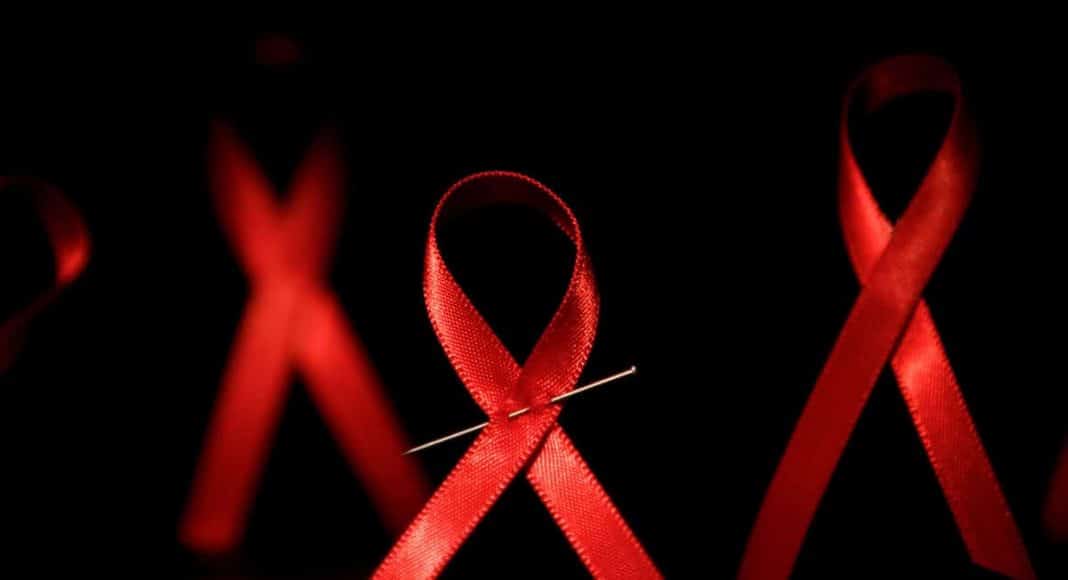Alcohol and stimulants shorten the lives of HIV-positive patients. The same cannot be said of cannabis, or so the investigators who authored a recent study believe.
Nearly 3,100 HIV-positive male veterans were studied over a nine year period. Researchers studied how they used stimulants, alcohol and cannabis to see if it correlated with a change in their mortality rates. The study concludes:
“Our findings show no evidence of a negative effect of cannabis use on mortality risk”
Studies on the health effects of cannabis are ubiquitous these days, but this was no ordinary team of researchers. Scientists from Yale, Brown, University of Pittsburgh, the Veterans Administration and the National Institutes of Health all collaborated. The sample size, length of observation period and design of the study all contribute to its level of academic rigor.
This is only a piece of the overall puzzle of HIV, but it is more good news regarding cannabis and the patients, providers and caregivers who helped make medical marijuana part of the national conversation. That was not always the case, of course.
It has not been that long ago that the public was not familiar with HIV or that it could lead to a condition called AIDS that is deadly without appropriate treatment. In the 1980s, people were just learning the acronym AIDS. Gay men were getting sick and no one knew why or how it was contracted.
People were afraid, the gay community was further stigmatized and rumors abounded about casually contracting the disease from mosquitoes and other fantastical methods. Headlines of major papers both reflected and stoked the fear: “A Pneumonia That Strikes Gay Men,” “Gay Cancer” and “Britain Threatened By The Gay Plague Virus.” It would take President Reagan over four years to even say the word AIDS. Betrayed by the government and searching for ways to help, some patients and their caregivers took action.
In a 2008 report titled “Medical Marijuana and The AIDS Crisis” published in the Journal of Cannabis Therapeutics, author Clinton A. Werner wrote:
“The Federal authorities abdication of compassion and repression of research spawned a grassroots political movement that repudiated federal regulations.”
People with AIDS were among the first patients to begin to network underground to treat their symptoms. Wasting syndrome, a devastating condition characterized by loss of appetite and severe loss of weight, was mitigated with cannabis use. It not only increased patients’ appetite but improved compliance rates of people on antiretroviral drugs by reducing the side effects of that therapy.
Promising studies like this one help ensure the continued interest from the scientific community about how cannabis may impact both HIV and AIDS. And it should be as such. We owe the fact that we even have partial repeal of marijuana prohibition in states across the country in part to these early pioneers who struggled to survive and those who cared for them. They took great personal risk to take a chance on an unknown and highly illegal therapy. The least we can do is continue to ask the questions that they helped inspire the public to ask, “how can cannabis/marijuana help?”


